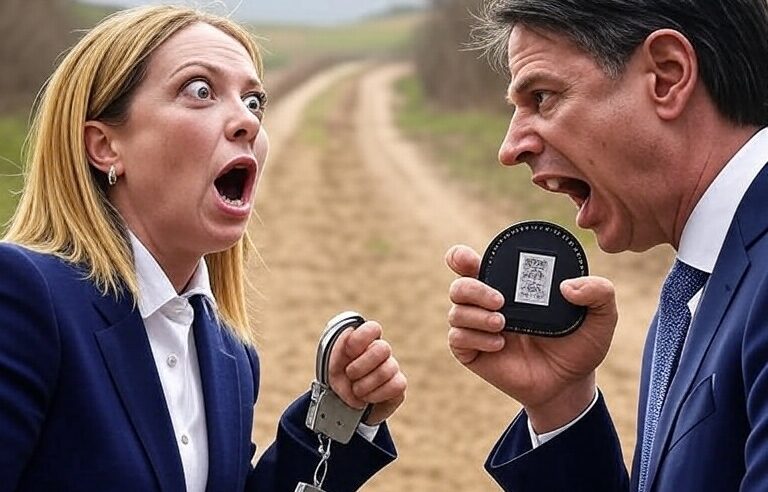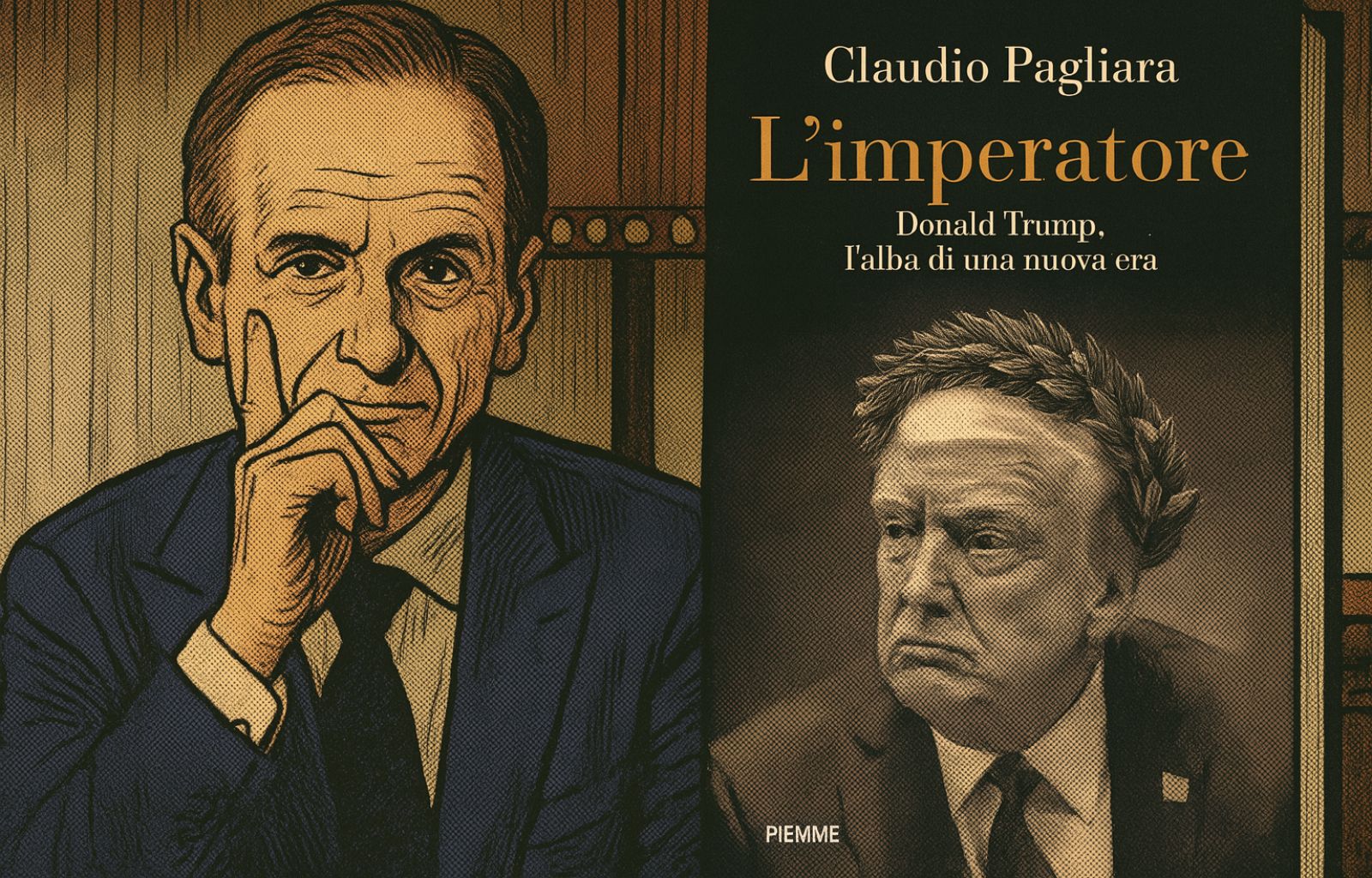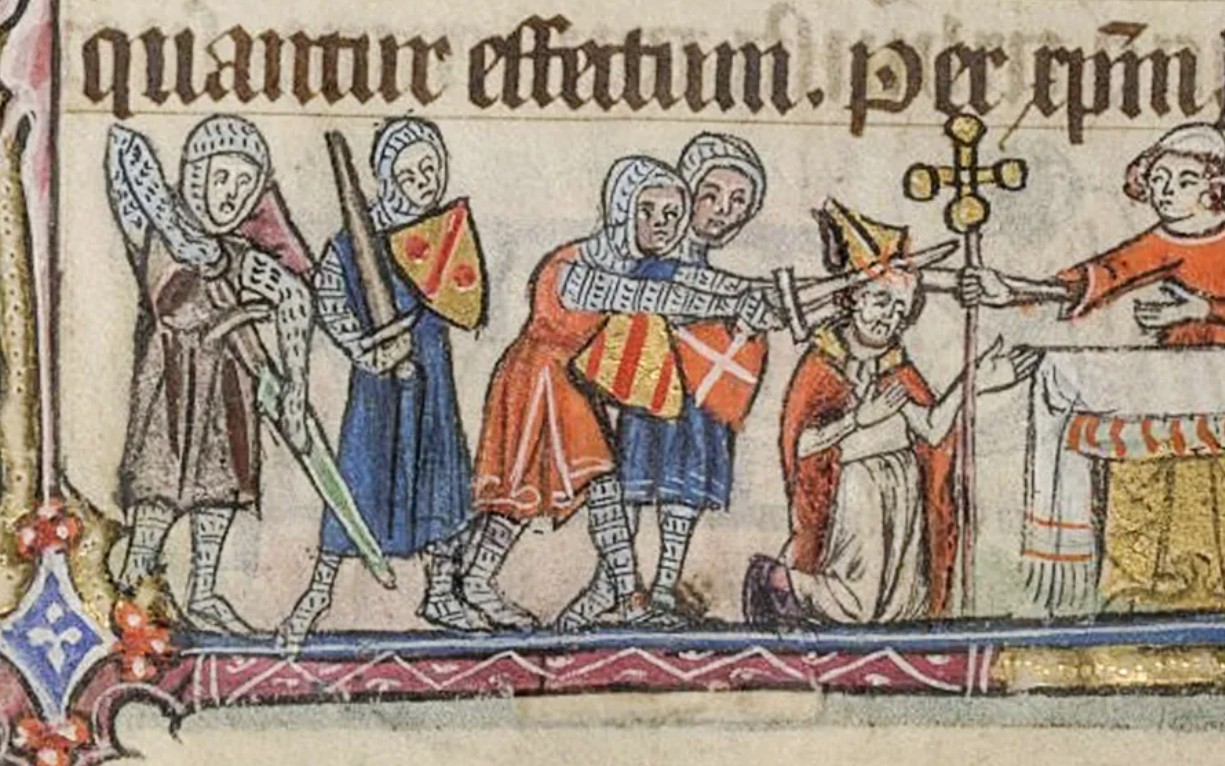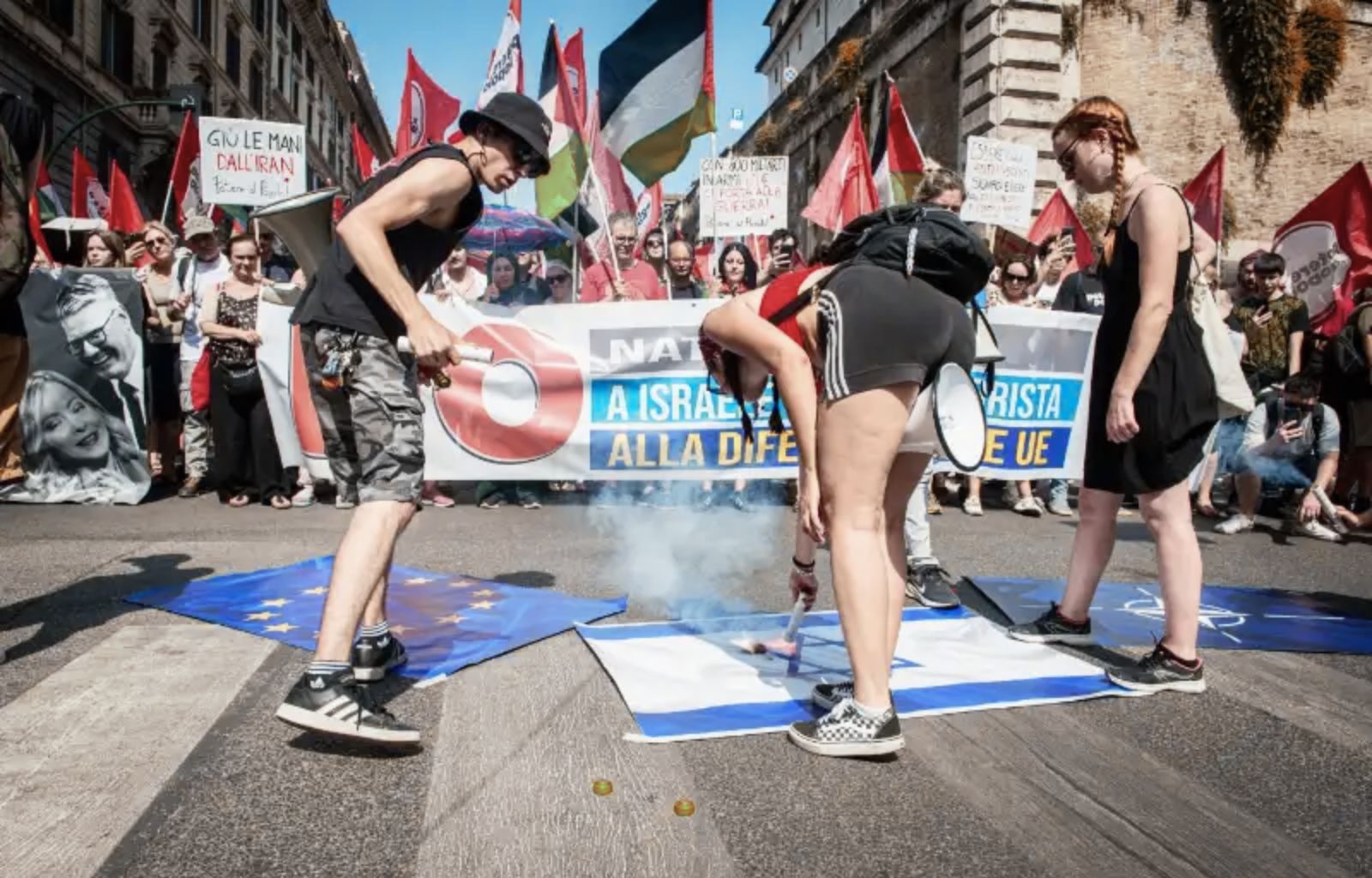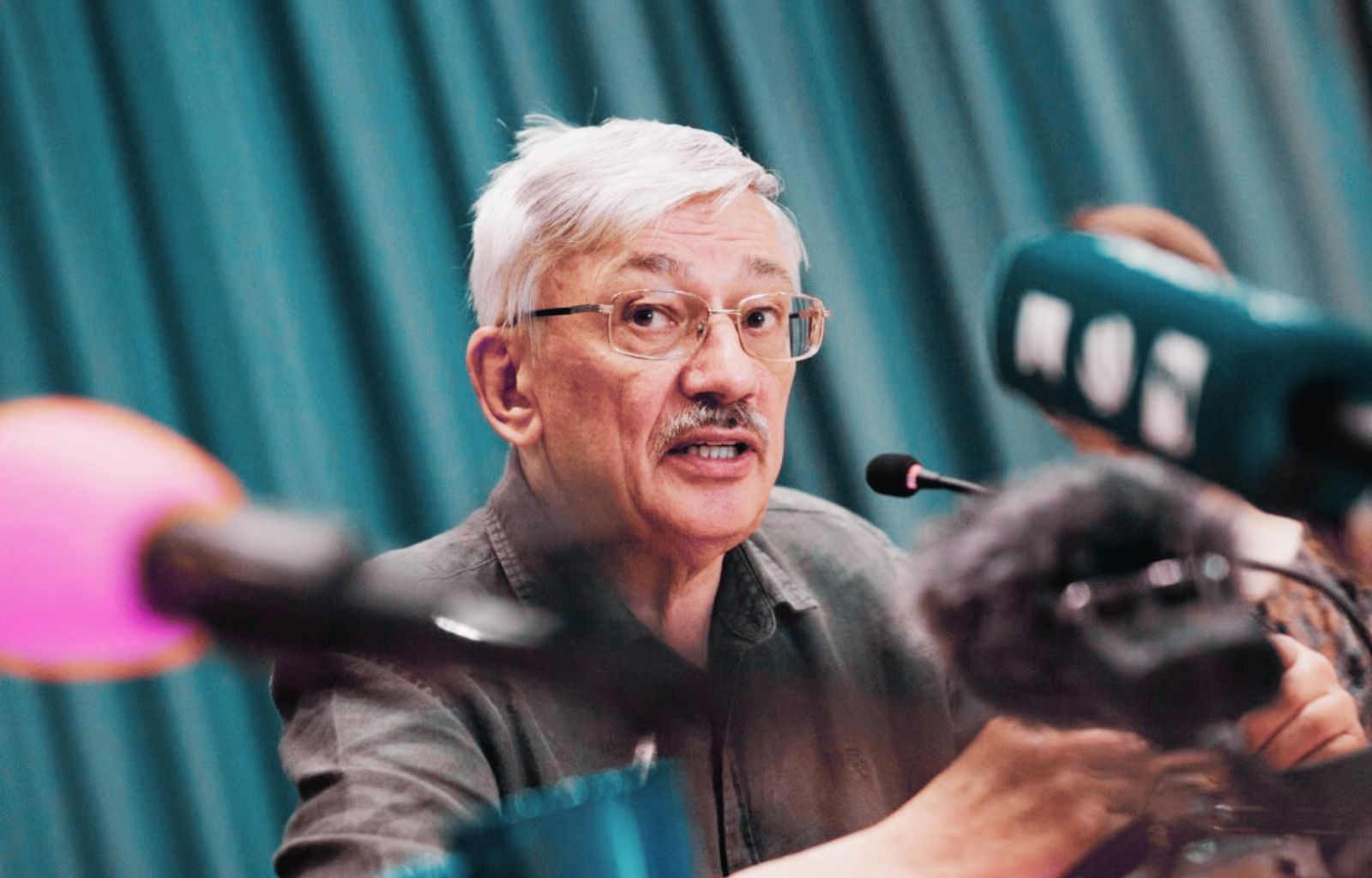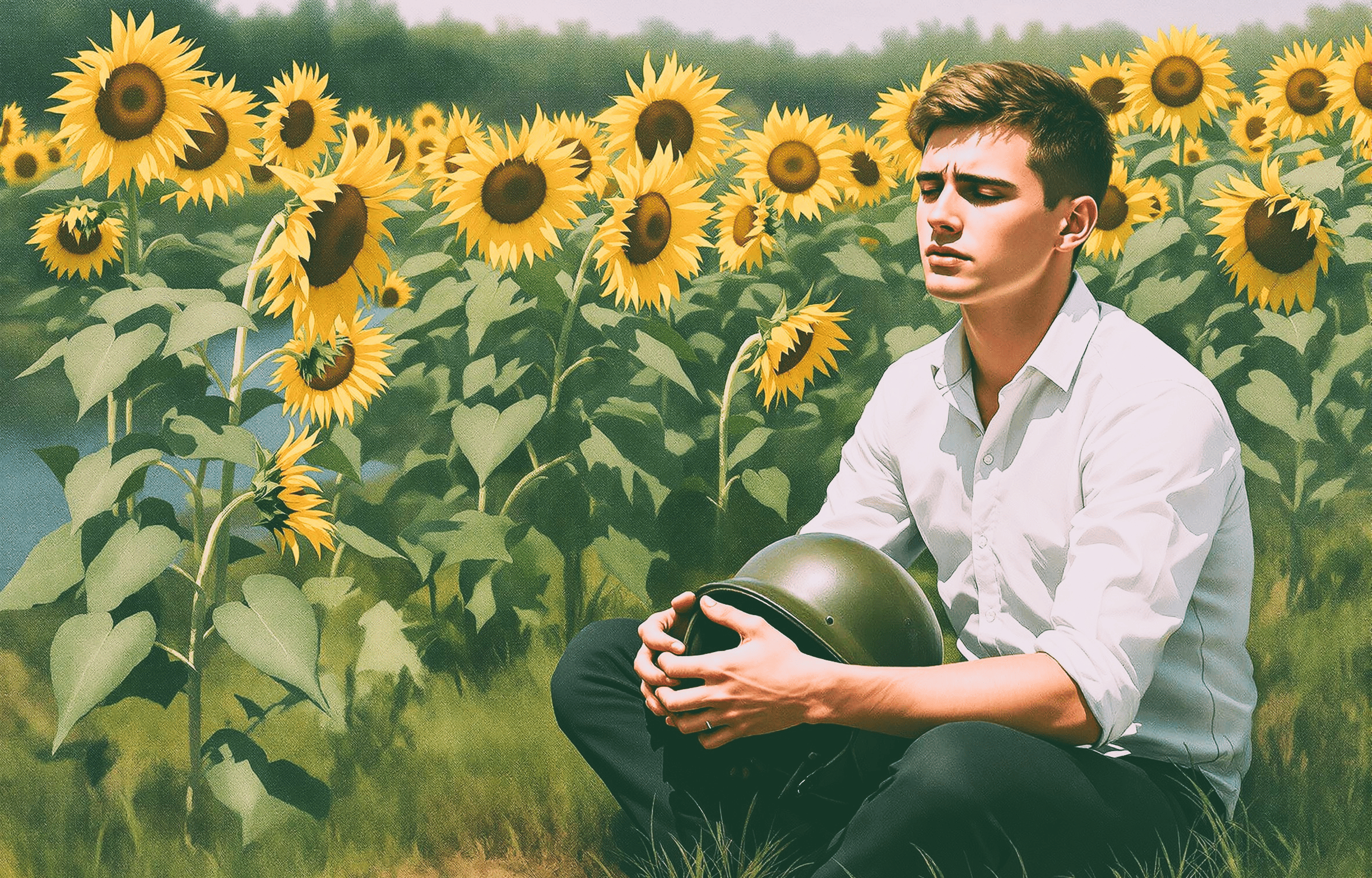Our twelve references: deep roots for a Europe that dreams and dares
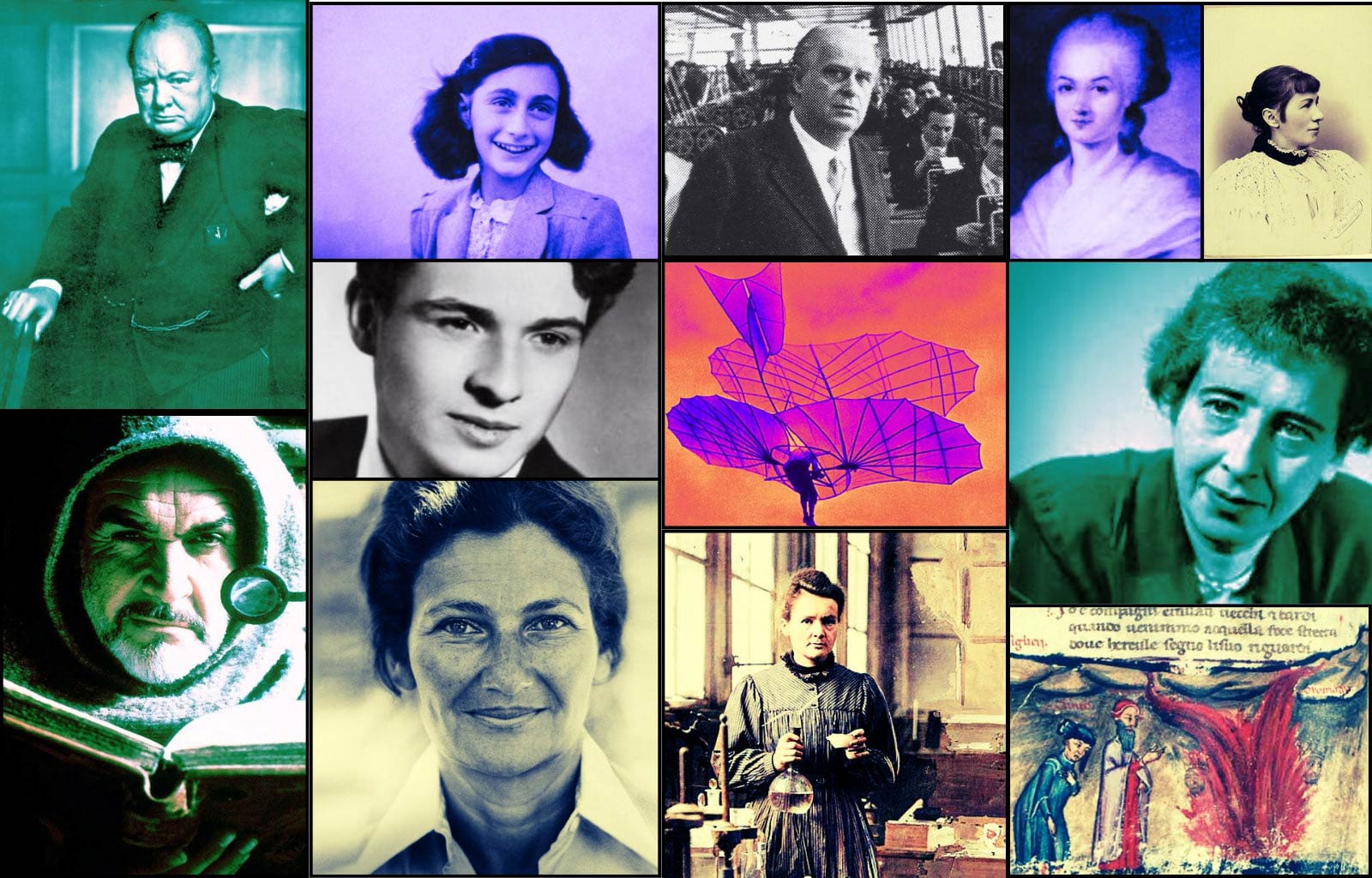
Every great project is born from the intersection of roots and horizons. The roots are what keep us anchored to history; the horizons are the dreams, the impetus that drives us forward. For L’Europeista, we have chosen twelve names, twelve figures who, like milestones, mark the path of a Europe in search of itself. Some belong to historical reality, others to the imaginary dimension, but they all share one quality: the tension towards what is universal and irreducible, human.
William of Baskerville
“Knowledge is not like a ladder that raises us to the heavens, but like a labyrinth that invites us to get lost”
William of Baskerville, the friar protagonist of The Name of the Rose, that Umberto Eco wanted rationalist and sceptic, wanders through the pages of the past with the calmness of one who knows that truth is never definitive, nor comfortable. We use him as a symbol and synthesis of the true Franciscan thinkers of the 13th century, who contributed so much to the evolution of liberal thought, the scientific method, and Renaissance humanism. Isn’t the dusty library of the Abbey, where William becomes absorbed, a metaphor for Europe itself? A continent that must learn to live in doubt without ever stopping searching.
Ulysses
“Consider your seed: you were not made to live like brutes, but to follow virtue and knowledge”
And then there is Ulysses, the hero of curiosity. In Canto XXVI of the Inferno, Dante makes him a symbol of the desire to go beyond all boundaries, to push beyond the Pillars of Hercules. Ulysses is not just the adventurer, he is the embodiment of a Europe that is not satisfied, that wants to discover the unknown even at the risk of getting lost.
Marie Skłodowska-Curie (1867-1934)
“In life there is nothing to fear, only to understand. Now it is time to understand more, so that we can fear less“
Marie Skłodowska-Curie, on the other hand, needs no myths. Her life is a demonstration of how knowledge can unhinge destiny. Polish in France, a woman in a world dominated by men, she was able to make science universal. Wasn’t hers a different kind of journey? A journey into the mystery of the atom, which opened doors that mankind had never crossed.
Anne Frank (1929-1945)
“I do not think of all the misery, but of the beauty that still remains”
But not all journeys lead to discovery. Sometimes, as Anne Frank reminds us, they lead to silence. Locked in a room, the world shrinks to a few square metres, yet her writing speaks to us of an entire Europe, its contradictions and its failure. Anna does not ask us to look forward, but backwards, to the unbearable weight of our collective memory.
Hannah Arendt (1906-1975)
“The greatest evil is not radical, but grows like a fungus. It is the evil of banality, which spreads when people stop thinking”
And from memory comes thought. Hannah Arendt knew this well: thinking is a moral act. Her reflection on the banality of evil is also a warning for Europe. Democracy is never safe, and critical thinking is the only defence against the temptation of indifference.
Otto Lilienthal (1848-1896)
“You always have to sacrifice something if you want to fly”
Then there are the visionaries. Otto Lilienthal, the man who dared to fly, reminds us that daring is the heart of progress. With his glides over German meadows, he proved that gravity is not just a physical law, but a challenge. Today’s Europe can and must once again challenge the laws of physics, chemistry, and biology, resuming that marvelous journey that made it for centuries the continent of discoveries and innovation.
Adriano Olivetti (1901-1960)
“Profit cannot be the sole objective of business. It must serve man and the community”
Similarly, Adriano Olivetti imagined a different Europe, made up of communities, not consumers. His idea of enterprise was a microcosm of fairness and innovation, a social laboratory. In him, technology and humanity coexisted, two forces that today’s Europe must learn to reconcile.
Jan Palach (1948-1969)
“If our nation will awaken, then my sacrifice will not have been in vain”
But Europe is not just invention. It is also rebellion. Jan Palach, with his sacrifice, reminds us that freedom is never taken for granted. His immolation, an extreme act, lit a light in the darkness of occupied Czechoslovakia. It is a wound that still stings, but one that forces us to question the price of democracy.
Olympe de Gouges (1748-1793)
”The woman has the right to ascend the scaffold; she must equally have the right to ascend the tribune”
Rebelling, in a different way, was also Olympe de Gouges, who challenged the hypocrisy of her time with The Declaration of the Rights of Women and the Citizen in 1791. She died on the guillotine, but her ideas survived, anticipating feminism by centuries. Her fight for equality is a lesson for a Europe that has yet to learn how to balance rights and power.
Simone Veil (1927-2017)
“Europe is not a utopia. It is our future, if we are brave enough to build it”
And there is courage, the courage that Simone Veil embodied in her life. A survivor of the concentration camps, she became the first President of the European Parliament, bringing with her the strength of a vision: a Europe united not by convenience, but by dignity and justice. Simone reminds us that politics is not only negotiation, but also ethics.
Gabrielė Petkevičaitė-Bitė (1861-1943)
“Education is not just about imparting knowledge, it is about shining a light that transforms lives”
Then there is the time of the everyday, of the small battles that change the world. Gabrielė Petkevičaitė-Bitė, a Lithuanian writer and activist, teaches us that progress is not just about grand gestures, but about constant effort. Her fight for women’s rights and education is a testimony to resilience, to that discrete force that builds the foundations of civilisation.
Winston Churchill (1874-1965)
“Everyone has a special moment in their life when they are symbolically tapped on the shoulder and offered the opportunity to do something extraordinary, unique in their talents. What a tragedy it would be if that moment arrived and found us unprepared or unable to seize it, depriving us of what could have been our most glorious hour“
Finally, Winston Churchill reminds us that sometimes it takes big words to tackle big challenges. During the Second World War, he imagined a Europe as a ‘family’. Not a utopia, but a concrete project to overcome divisions. It is an invitation, even today, to think big.
Fragments of a mosaic called Europe
These twelve names are not mere figures. They are fragments of a mosaic that tells of Europe as idea, tension, paradox. William and Ulysses, Anna and Winston, Gabrielė and Otto, Adrian and Hannah, Marie and Simone, Jan and Olympe. A Europe that is not afraid to doubt, to remember, to dare. A Europe that is not content. A Europe that, as in Milan Kundera‘s novels, lives suspended between the weight of the past and the lightness of the future. It is up to us to turn that weight into an opportunity to fly.

